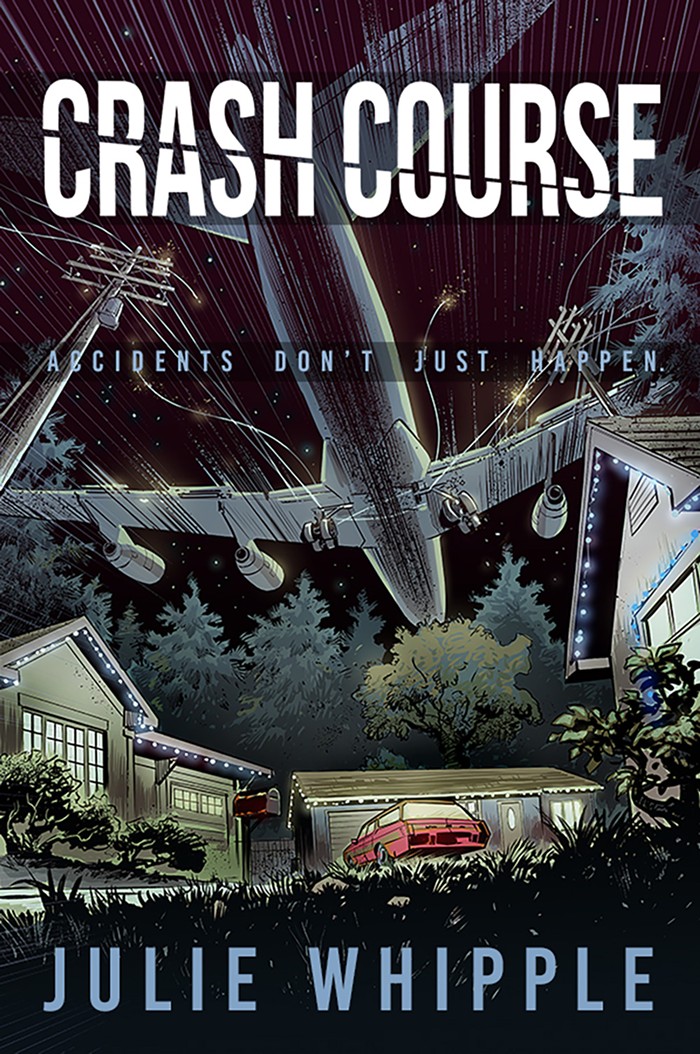On December 28, 1978, United Airlines Flight 173 ran out of fuel over Portland and crashed. The massive airliner set down at East Burnside and 157th and plowed through the streets of what is now East Portland, shredding itself apart as it skidded over concrete. Ten people died, more were injured, and the subsequent legal battle changed the course of commercial flight in America.
In Crash Course, Portland journalist Julie Whipple explores the causes of the crash: Why didn’t the landing gear deploy properly? How could a commercial flight run out of fuel? Why wasn’t the captain aware of the state his aircraft was in? Why did 10 people have to die?

According to Whipple, the crash was not a freak accident. She outlines the event as the result of several systemic failures, both technical and personal. Part of the fault lay with a defective fuel gauge, but even more at fault, in Whipple’s telling, was the failure of the flight crew and captain. In this case, Whipple argues, the tendency of pilots to act as petty dictators over their craft had literally disastrous consequences.
Whipple reconstructs the flight and fallout from in-flight recordings, legal testimony, and other primary sources, weaving it into an understandable chronology. At times the book almost feels like a novel, as Whipple builds narrative suspense despite the readers’ foreknowledge of what’s coming. The book actually gets more interesting after the crash, with subsequent reveals that, in retrospect, make the event even more frightening.

Some of Whipple’s most important sources come from her father, Stewart M. Whipple, an attorney that argued for the plaintiff in the Elizabeth Andor v. United Airlines lawsuit. Andor’s family was in the first-class cabin when Flight 178 crashed into Burnside. Her parents and sisters were killed. Andor’s still-breathing three-year-old body was pulled from the wreckage and she survived. Whipple’s father represented the orphaned child in a legal fight against one of the largest corporations in the US.
If you’ve ever been afraid of flying, this book will terrify you. If you’re not afraid of flying, it will still terrify you, because the most unsettling part of Crash Course isn’t the crash—it’s the fact that policies, decisions, and cultures of companies that consumers have no control over can sometimes end lives.













